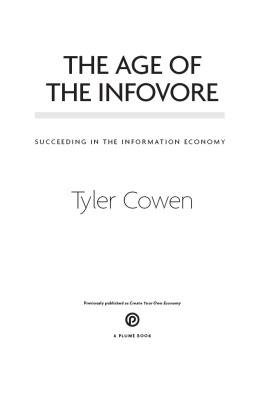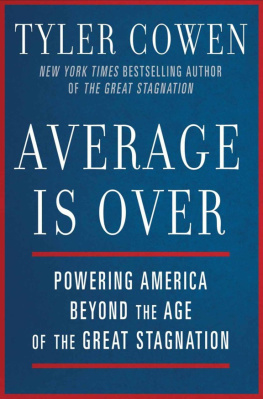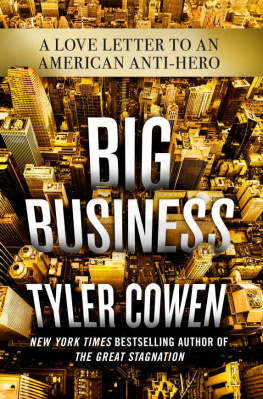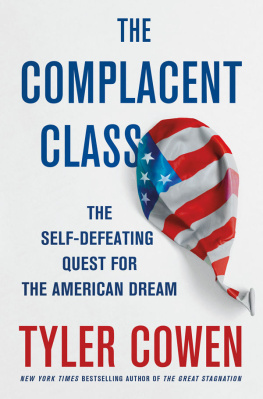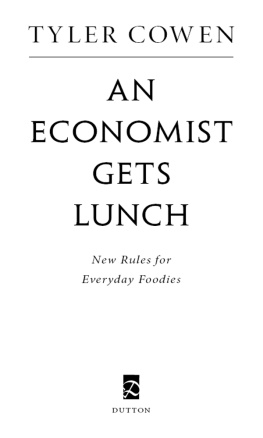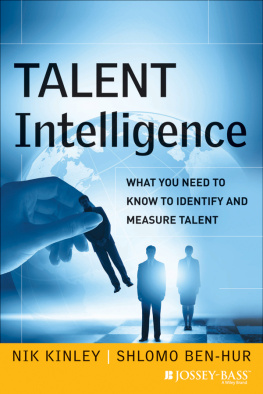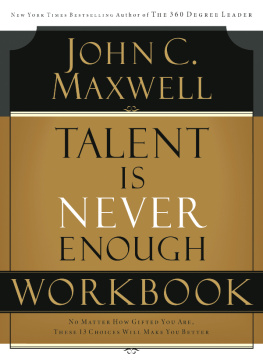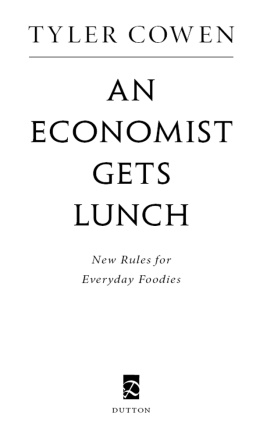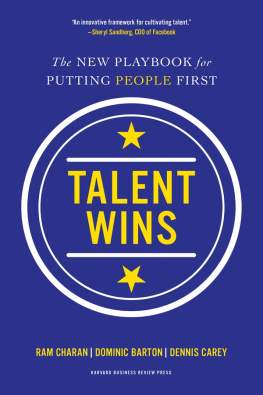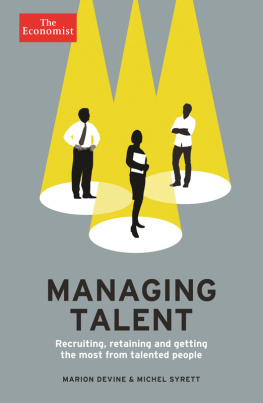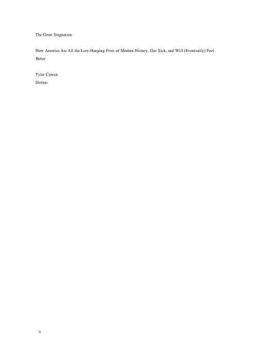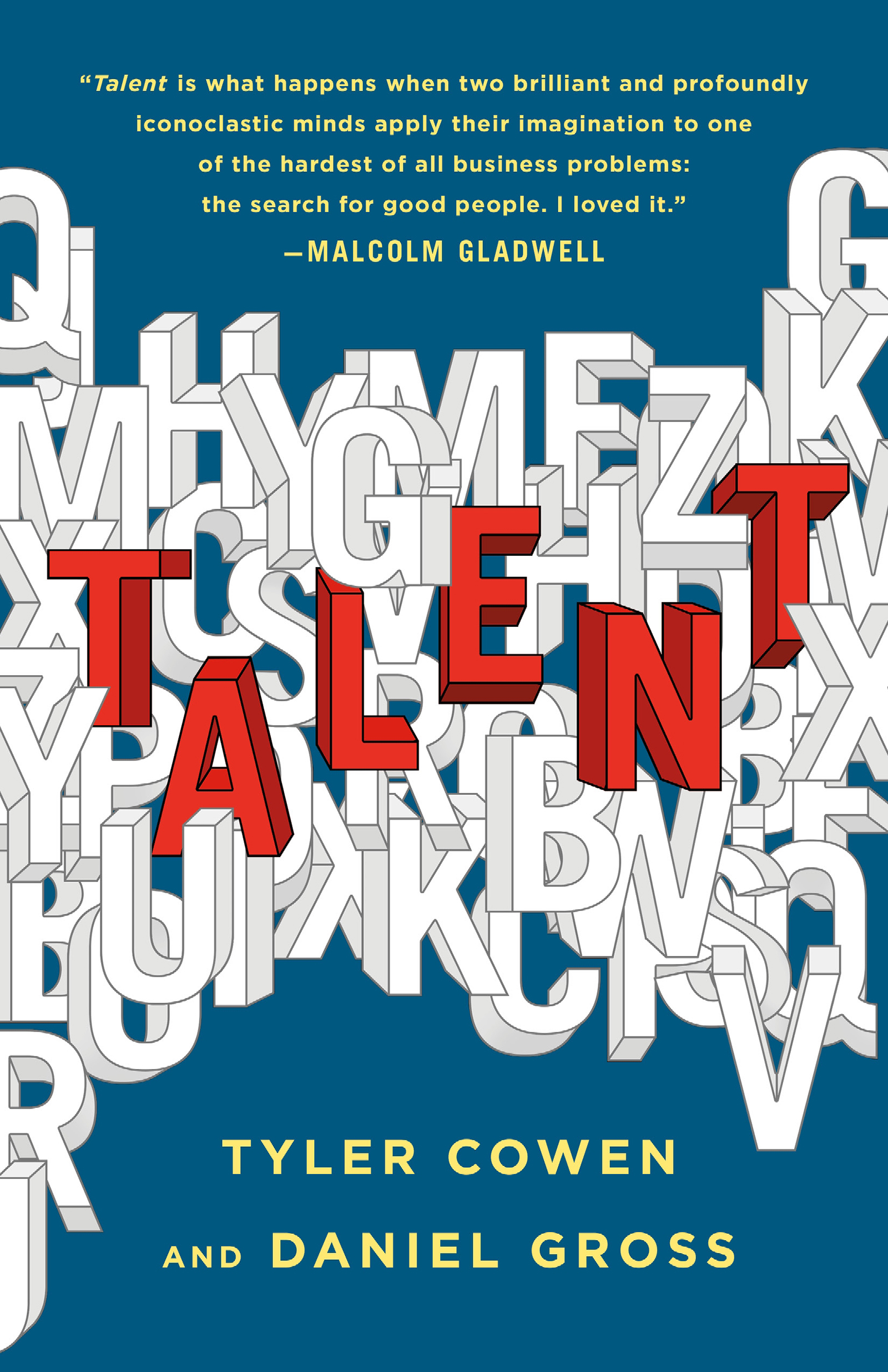Contents
Guide
Pagebreaks of the print version
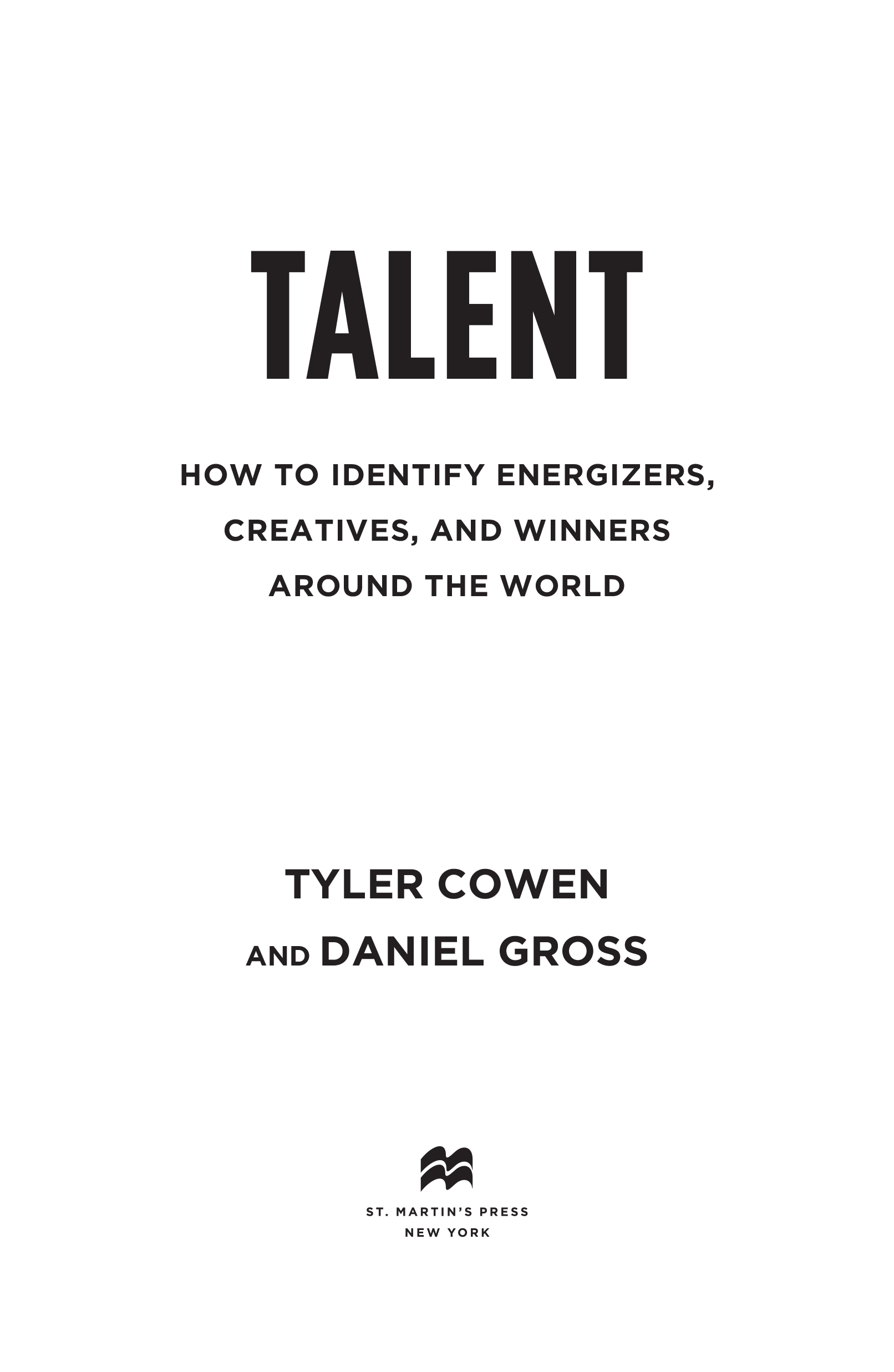
The author and publisher have provided this e-book to you for your personal use only. You may not make this e-book publicly available in any way. Copyright infringement is against the law. If you believe the copy of this e-book you are reading infringes on the authors copyright, please notify the publisher at: us.macmillanusa.com/piracy.
To finding each other
This book started with a conversation.
We search for talentobsessivelyas part of our jobs. After we met a few years ago, we started to talk about our approaches to hiring, and how, for both of us, the search for rare, transformative talent is so important. This started as a workplace fascination, but over time it morphed into a way of seeing the worldwe were constantly searching for hidden talents in people we met in all parts of our lives.
During that first meeting we quickly began to trade tips and generate new hypotheses. We set up a WhatsApp channel to pursue the dialogue, which was punctuated by periodic visits and a few joint trips, all motivated by a mixture of fun, obsessive mischievousness, and the desire to learn something of practical value. What happens if you take two very opinionated people, both working on talent search, and let them tease each other, prod each other, hack away at each other, challenge each others prejudices, and bicker with each other for a few years, all on how to spot talent?
This book is the product of those exchanges.
Tyler remembers one of his early chats with Daniel. Daniel stressed the importance of hobbyists and weirdos, noting that many major mainstream internet revolutions started with products that appeared to be niche. It is the people who work intently on pleasing a narrow fan base, but pleasing them intensely, who end up with the skills and networks to market the product to broader audiences. So very often, if you are looking for a start-up that will hit it big, do something counterintuitive by seeking out people aiming, at least at first, to please smaller and weirder audiences.
Daniel recalls that he first learned from Tyler this question for prospective hires: What is it you do to practice that is analogous to how a pianist practices scales? You learn what the person is doing to achieve ongoing improvement, and perhaps you can judge its efficacy or even learn something from it. You also learn how the person thinks about continual self-improvement, above and beyond their particular habits. If a person doesnt practice much, they still might be a good hire, but then you are much more in the world of what you see is what you get, which is valuable information on its own. If the person does engage in daily, intensive self-improvement, perhaps eschewing more typical and more social pursuits, there is a greater chance they are the kind of creative obsessive who can make a big difference.
If those two anecdotes focus on outsiders, it is because we are each outsiders in our own ways. Daniel started with gaming and did not pursue higher education, while Tyler began his career ascent in the early days of blogging. Both of us think of ourselves as examples of initially hidden talent, and that is part of the reason we wish to help you find other outsiders for your ventures.
Daniel Gross once wrote a self-description starting with I spent most of my youth feeling like an outsider looking in. Before his foray into the tech world Daniel was an obsessive gamer, but he decided to bring his competitive experience from gaming to address bigger and more socially relevant problems. He began his tech career with a company called Cue, which he ended up selling to Apple when he was twenty-three, becoming a director at Apple at a time when Apple experienced some of its most dynamic growth. Daniel next served as a partner and founder at Y Combinator, an esteemed Silicon Valley start-up incubator with an aggregate market cap of over $100 million. There he helped build and then institutionalize what is perhaps the most influential systematic approach to venture capital and talent search in the world. He also became an angel investor, seeking out promising companies and creators in their very early stages, an exercise in talent search, of course.
In 2018 Daniel founded Pioneer, an upstart venture capital firm based in San Francisco. Pioneer is devoted to finding new talent around the world, using online methods and gaming in addition to the usual techniques of referrals and interviews. Daniel and Pioneer are committed to the view that there is much more talent to be found out there, including in new and unusual places. They want to find the creators that everyone else is failing to see in the first place. Daniel mostly is looking to find and fund company founders, but of course he hires for Pioneer as well, for a variety of roles at all levels of the company. But dont think of Daniel as a practitioner alone: in his spare time he cruises Google Scholar for research articles on talent, and then sends them to Tyler.
Tyler is a professor of economics at George Mason University, where he has been involved in academic hiring and graduate admissions for over thirty years. He is the head of the Mercatus Center, a research center with nearly two hundred employees. Within Mercatus he directs a philanthropic fund devoted to spotting and funding talenttypically young talentcalled Emergent Ventures. He has written a daily blog, Marginal Revolution, for eighteen years, runs an online economics education site, Marginal Revolution University, and hosts a podcast, Conversations with Tyler. Tyler remains an academic, but he is involved in personnel selection and project management almost every day.
One of his blog commentators, Alastair, described him as follows: Tyler is contrarian in method. His superfast reading speed, various professional roles, constant podcasting and networking, obsessive learning, perpetual travel, and sheer stamina enable him to take in many more and different inputs, which allows him to have many more and different outputs. But its whats in between where he shines. He sees the world as an economist, philosopher, psychologist, sociologist, anthropologist, liberal and conservative, globalist and nationalist, foreigner and native, art critic and artist, employer/administrator and employee, grant provider and grant recipient, interviewer and interviewee, teacher and student. There is almost no one who views the world like Tyler because almost no one has a comparable number or variety of inputs or mental models. Even if his conclusions were conventional, his reasoning and perspectives wouldnt be.
We might seem pretty different based on our jobs; furthermore, Daniel is in his late twenties and Tyler is in his late fifties. Daniel was born in Israel (to American parents) and moved to San Francisco, and Tyler was born in New Jersey and ended up in northern Virginia. Daniel can come across as a little grumpy, while Tyler seems detached. Daniel seems surprised each time that Tyler actually teases him. Daniel goes scuba diving and listens to EDM, while Tyler plays basketball and listens to Beethoven and Indian classical music. Daniel hated high school and rebelled against it, but Tyler mostly ignored it. Still, we share a stubborn curiosity, a love for ideas, and the willingness to persist in hacking away at tough problems. Thus, once we started talking we never stopped.


